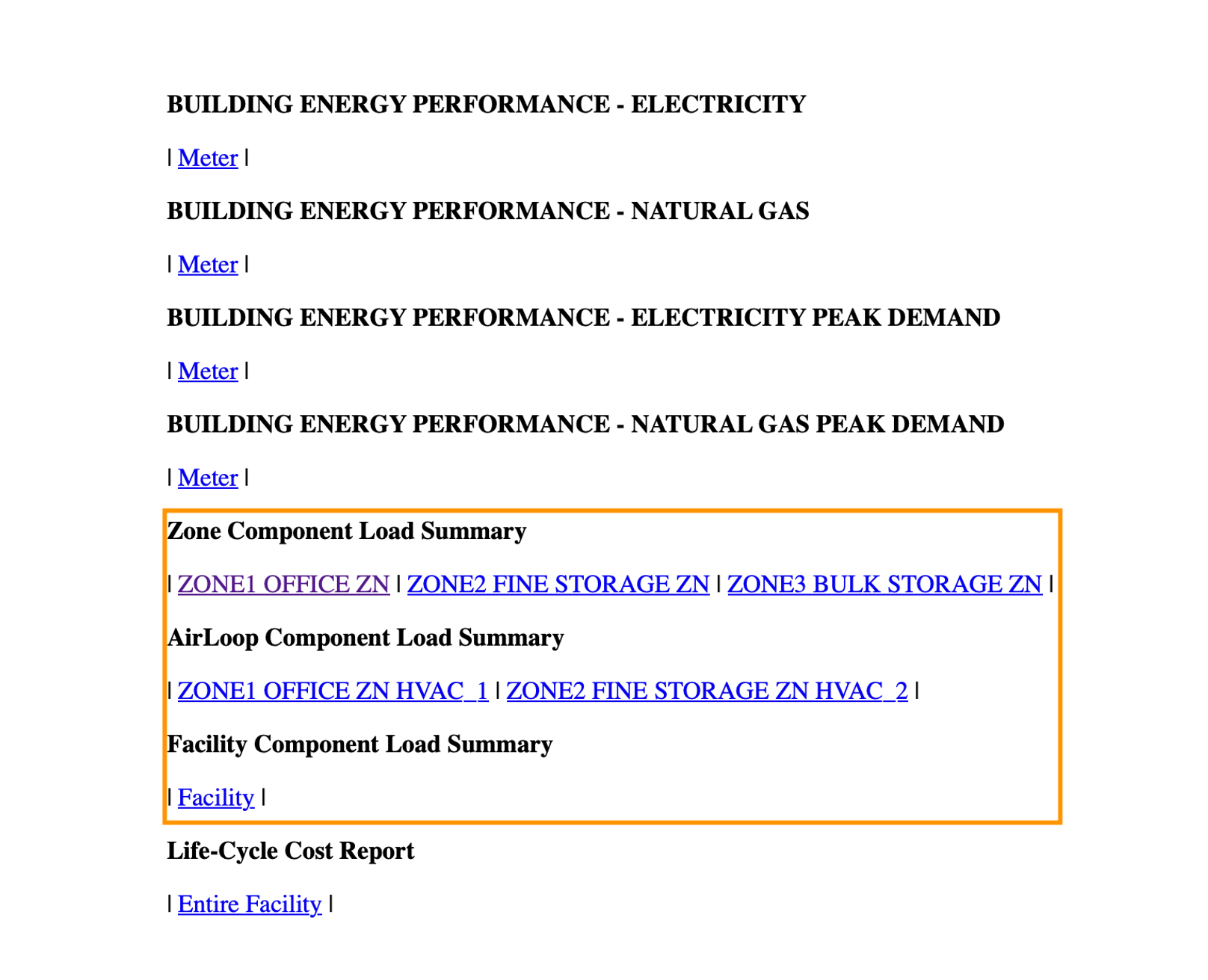 | 1 | initial version |
 | 2 | No.2 Revision |
 | 3 | No.3 Revision |
 | 4 | No.4 Revision |
Can you try the following:
output_tables = model.getOutputTableSummaryReports
output_tables.addSummaryReport("AllSummaryAndSizingPeriod")
These standard output table reports have been mapped in the OpenStudio SDK since v3.0.0 (2020) - no longer any need to call IDF objects. (tested Tested - works)works.

 | 5 | No.5 Revision |
Can you try the following:
output_tables = model.getOutputTableSummaryReports
output_tables.addSummaryReport("AllSummaryAndSizingPeriod")
These standard output table reports have been mapped in the OpenStudio SDK since v3.0.0 (2020) - no longer any need to call IDF objects. Tested - works.

EDIT: I hadn't paid attention to the other items in the measure - mea culpa. For instance, this seems odd to me:
def run(model, runner, user_arguments)
super(model, runner, user_arguments)
model = runner.lastOpenStudioModel
The run call has "model" as an argument - what one expects for a ModelMeasure (see here). Yet the runner.lastOpenStudioModel call (what one evokes with a recently ran simulation for a ReportingMeasure) ends up overwriting "model". Hence the measure is modifying the wrong model. So a first move would be to delete (or comment out):
model = runner.lastOpenStudioModel
There may be other bits to fix, such as a missing new.registerWithApplication call.
 | 6 | No.6 Revision |
Can you try the following:
output_tables = model.getOutputTableSummaryReports
output_tables.addSummaryReport("AllSummaryAndSizingPeriod")
These standard output table reports have been mapped in the OpenStudio SDK since v3.0.0 (2020) - no longer any need to call IDF objects. Tested - works.

EDIT: I hadn't paid attention to the other items in the measure - mea culpa. For instance, this This seems odd to me:odd:
def run(model, runner, user_arguments)
super(model, runner, user_arguments)
model = runner.lastOpenStudioModel
The run call has "model" as an argument - what one expects for a ModelMeasure (see here). Yet the runner.lastOpenStudioModel call (what one evokes with a recently ran simulation for a ReportingMeasure) ends up overwriting "model". Hence the measure is modifying the wrong model. So a first move would be to delete (or comment out):
model = runner.lastOpenStudioModel
There may be other bits to fix, such as a missing new.registerWithApplication call.
 | 7 | No.7 Revision |
Can you try the following:
output_tables = model.getOutputTableSummaryReports
output_tables.addSummaryReport("AllSummaryAndSizingPeriod")
These standard output table reports have been mapped in the OpenStudio SDK since v3.0.0 (2020) - no longer any need to call IDF objects. Tested - works.

EDIT: This seems odd:
def run(model, runner, user_arguments)
super(model, runner, user_arguments)
model = runner.lastOpenStudioModel
The run call has "model" as an argument - what one expects for a ModelMeasure (see here). Yet the runner.lastOpenStudioModel call (what one evokes with a recently ran simulation for a ReportingMeasure) ends up overwriting "model". Hence the measure is modifying the wrong model. model, I think (not tested). So a first move IMO would be to delete (or comment out):
model = runner.lastOpenStudioModel
There may be other bits to fix, such as a missing new.registerWithApplication call.
